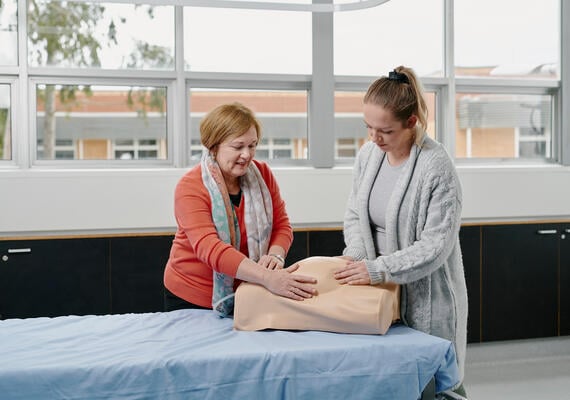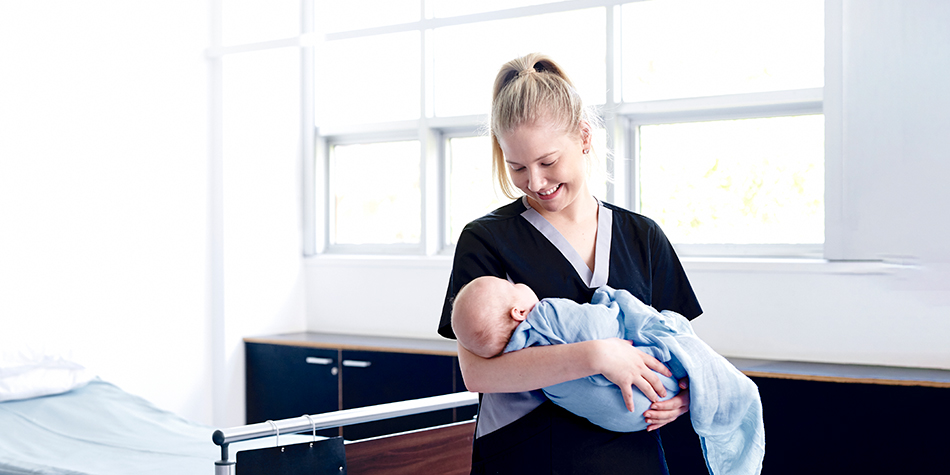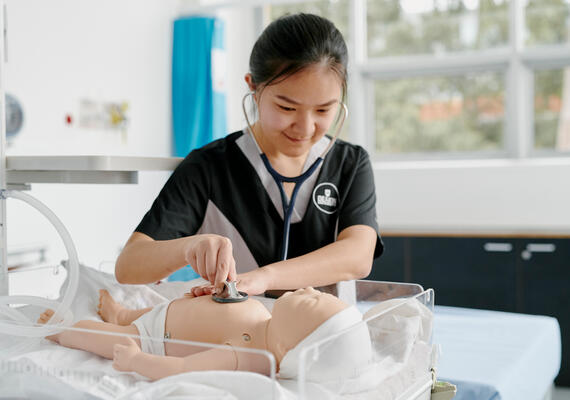‘Waste disposal is a significant cost to healthcare organisations and incorrect waste segregation, like putting unrecyclable items in recycling bins, can increase that cost,' says Professor Linda Sweet, from Deakin’s Institute for Health Transformation and Chair in Midwifery at Western Health, who led the project with support from the Institute’s Dr Vidanka Vasilevski and a team of passionate midwives at Western Health.
‘We wanted to understand if a midwife-led intervention on improving waste management in a maternity hospital could help increase staff knowledge and reduce waste and waste management-related costs.’
The intervention involved midwife sustainability champions, education sessions, posters detailing correct waste preparation and disposal, monthly newsletters outlining key waste management strategies, and incentives to promote engagement with the intervention.
‘Staff had identified inaccurate waste segregation as a problem that leads to greater waste management costs and a negative environmental impact,’ Dr Vasilevski says.
‘Although midwives value sustainable healthcare practices, factors such as high patient turnover, lack of time, inconvenient bin locations, and a perception that all waste is ‘clinical’ can make it difficult to “walk the talk”’.



